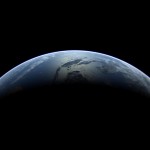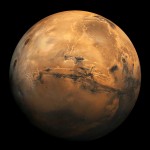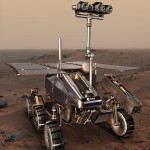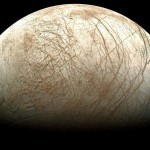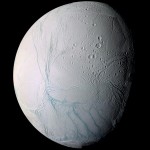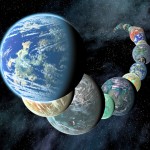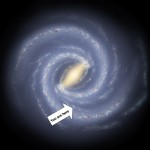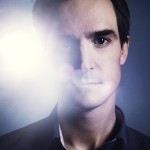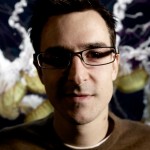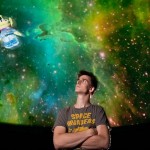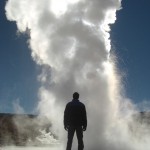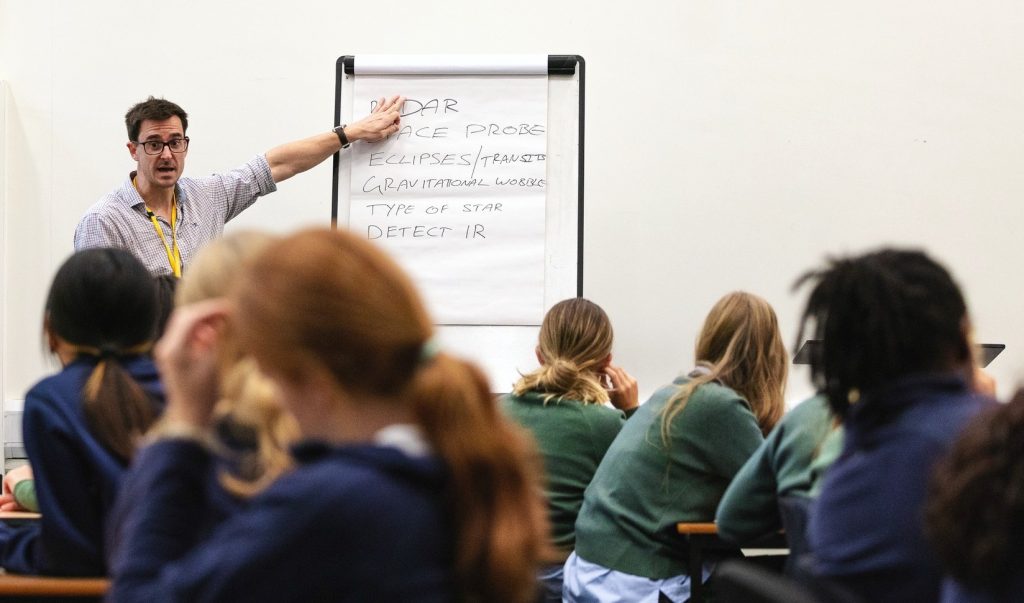
I offer PBL workshops to challenge your most able students, scholars, or Oxbridge candidates (and also works very well with an inquisitive group of GCSE students). The aim is not to test the group on what they have already learned in class, but to apply their background understanding and work-out solutions from first principles. This replicates the ‘thinking out loud’ solution-finding process of university entrance interviews. The workshop is a combination of working in small groups to brain storm for suggestions, and round-table discussions amongst the whole class to arrive at final solutions, all coordinated and prompted by me.
These PBL workshops work best with a group size of 15-20 students. No Powerpoint or computer display is required, but we would need a classroom where the students can work together in tables of 4 or 5, and then also turn around to see the front. We also need a white board or large flip chart that the whole class can see as we progress through the workshop. Each workshop is tuned to the year group and capabilities of the students, and can be timetabled for anything between 30 mins and one hour long.
I offer two PBL workshops, themed within different areas of cutting-edge science research, but equally applicable to non-scientists. (Indeed, I find that often it is the non science-specialist students who are less constrained by trying to remember what they have been taught, and instead work things out by thinking out of the box).
★ How to define life and detect it (Biology/Chemistry)
We all know life when we see it on Earth — a tiger is obviously alive whereas a skeleton or rock are not — but how could you actually define what life is? What features or functions must something possess in order to be alive? And therefore, how could you design an experiment that will test for life on another planet? In this workshop, we’ll explore how astrobiologists think about life in fundamental terms and so know what we’re looking for with our scientific instruments aboard space probes.
★ Exoplanets and how to find them (Physics)
We’ve now discovered over 5,000 extrasolar planets — worlds orbiting other suns in our galaxy. But on the whole we’ve never actually been able to see these exoplanets; we have to infer indirectly that they are there. So what tricks do astronomers use to discover incredibly remote planets? What information can we gather from our telescopes, and therefore what can we tell about what an exoplanet is actually like? How can we tell if certain worlds are Earth-like and so potentially able to harbour life? In this workshop, we’ll explore the science behind how you can discover and then characterise exoplanets.
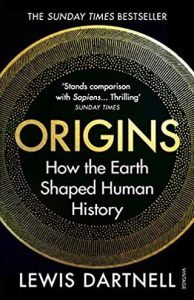 When we talk about human history, we focus on great leaders, revolutions, and technological advances. But how has the Earth itself determined our destiny? How has our planet made us?
When we talk about human history, we focus on great leaders, revolutions, and technological advances. But how has the Earth itself determined our destiny? How has our planet made us?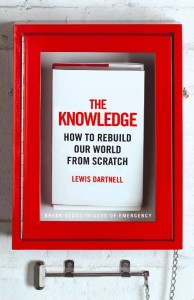 Maybe it was an asteroid impact, a nuclear war, or a viral pandemic. Whatever the cause, the world as we know it has ended and you and your community of survivors must start again. What key knowledge would you need to not only survive in the immediate post-apocalyptic aftermath, but avert another Dark Ages and accelerate the rebooting of civilisation from scratch? Living in the modern world, we have become disconnected from the basic processes that support our lives, as well as the beautiful fundamentals of science that enable you to relearn things for yourself. The Knowledge is a grand thought experiment on the behind-the-scenes fundamentals of how our world works, and what drove the progression of civilisation over the centuries.
Maybe it was an asteroid impact, a nuclear war, or a viral pandemic. Whatever the cause, the world as we know it has ended and you and your community of survivors must start again. What key knowledge would you need to not only survive in the immediate post-apocalyptic aftermath, but avert another Dark Ages and accelerate the rebooting of civilisation from scratch? Living in the modern world, we have become disconnected from the basic processes that support our lives, as well as the beautiful fundamentals of science that enable you to relearn things for yourself. The Knowledge is a grand thought experiment on the behind-the-scenes fundamentals of how our world works, and what drove the progression of civilisation over the centuries.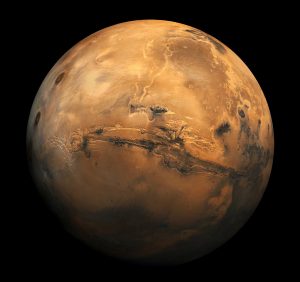 Astrobiology is a brand new field of science, encompassing research into the origins and limits of life on our own planet, and where life might exist beyond the Earth. But what actually is ‘life’ and how did it emerge on our own world? What are the most extreme conditions terrestrial life can tolerate? And what would an alien actually look like – how realistic are the life-forms envisaged by science fiction novels and films over the years? Join Dr. Lewis Dartnell on a tour of the other planets and moons in our solar system which may harbour life, and even further afield to alien worlds orbiting distant stars, to explore one of the greatest questions ever asked: are we alone…?
Astrobiology is a brand new field of science, encompassing research into the origins and limits of life on our own planet, and where life might exist beyond the Earth. But what actually is ‘life’ and how did it emerge on our own world? What are the most extreme conditions terrestrial life can tolerate? And what would an alien actually look like – how realistic are the life-forms envisaged by science fiction novels and films over the years? Join Dr. Lewis Dartnell on a tour of the other planets and moons in our solar system which may harbour life, and even further afield to alien worlds orbiting distant stars, to explore one of the greatest questions ever asked: are we alone…?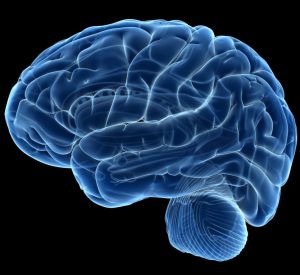 Our brain runs as an organic computer to allow us to see and hear the world around us. Optical illusions ‘hack the brain’ to disrupt this process and so allow us to understand how the brain works. With live demonstrations of a great variety of optical and auditory illusions, this talk will reveal the inner workings of the mind. Warning: you may begin to see the world in a whole new way!
Our brain runs as an organic computer to allow us to see and hear the world around us. Optical illusions ‘hack the brain’ to disrupt this process and so allow us to understand how the brain works. With live demonstrations of a great variety of optical and auditory illusions, this talk will reveal the inner workings of the mind. Warning: you may begin to see the world in a whole new way!
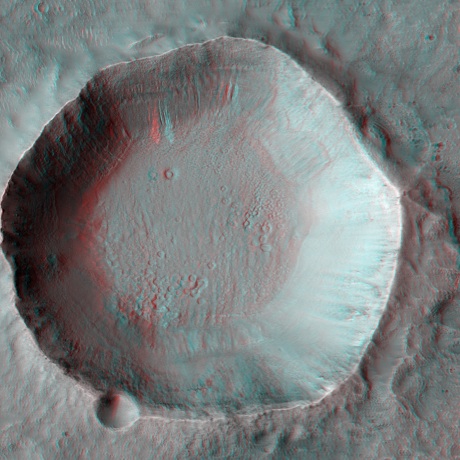
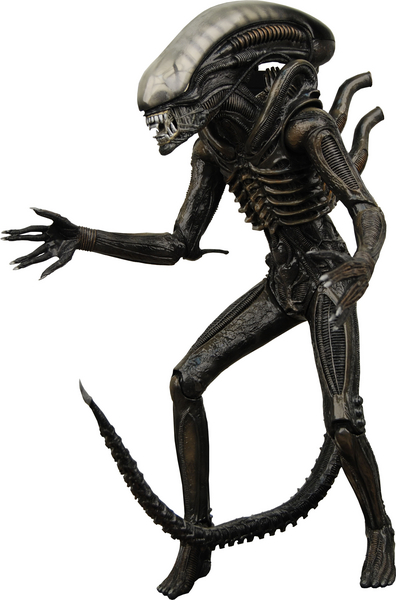
 There’s much more science in the cinema than you might have thought. Either subtly incorporated into the storyline or used explicitly as in sci-fi, science is woven into many popular films, but not all of it very convincingly! Which famous romantic comedy gets its teeth into the weirdness of quantum mechanics, and in which clangers are the laws of science apparently different in Hollywood from the rest of the Universe? Bring your popcorn and settle comfortably into your seat as we take a humorous look at some of the greatest Hits and Misses of science in the movies.
There’s much more science in the cinema than you might have thought. Either subtly incorporated into the storyline or used explicitly as in sci-fi, science is woven into many popular films, but not all of it very convincingly! Which famous romantic comedy gets its teeth into the weirdness of quantum mechanics, and in which clangers are the laws of science apparently different in Hollywood from the rest of the Universe? Bring your popcorn and settle comfortably into your seat as we take a humorous look at some of the greatest Hits and Misses of science in the movies.